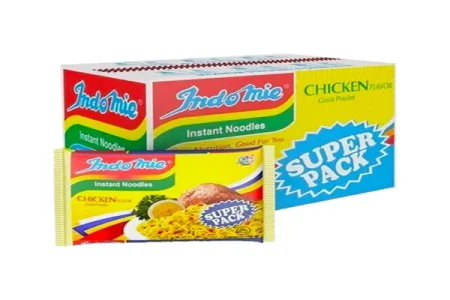
A recent market survey by Peoples Gazette in Mararaba, a satellite town in Abuja, reveals a concerning trend of skyrocketing prices for essential food items in Nigeria. Indomie, a household noodle brand, has experienced an alarming surge from N8,500 to N18,000 for its Super pack, marking an increase of over 100%. The price hike extends to smaller Indomie packs, now selling at N11,000 from the previous N5,000. Groundnut oil has followed suit, jumping from N7,000 to N11,000 for five liters. Meanwhile, in Jos, known for cultivating Irish Potatoes, a bag that once cost N25,000 now commands a staggering N40,000.
The Gazette's previous surveys in February indicated a consistent upward trajectory in food prices, with an increase of over 100% since Mr. Tinubu assumed office last year. The surge in prices has triggered protests in states such as Niger, Osun, Ibadan, and Lagos, as Nigerians demand government intervention to address the growing challenges of hunger and inflation.
Responding to public outcry, Mr. Tinubu directed the Ministry of Agriculture and Food Security to release 42,000 metric tonnes of grain, including maize, millet, and garri. Security agencies, including the National Security Adviser, Nuhu Ribadu, State Security Service, and the Nigerian police, have been tasked with addressing the issue of food hoarding. However, despite these efforts and the Nigeria Customs Service's distribution of confiscated food items, incidents like the stampede during rice distribution in Lagos and the recent looting of a government-owned warehouse in Abuja underscore the gravity of the situation.
As Nigeria grapples with economic challenges leading to this food crisis, the unfolding narrative is marked by public unrest and growing concern over the government's ability to address the urgent needs of the population.




